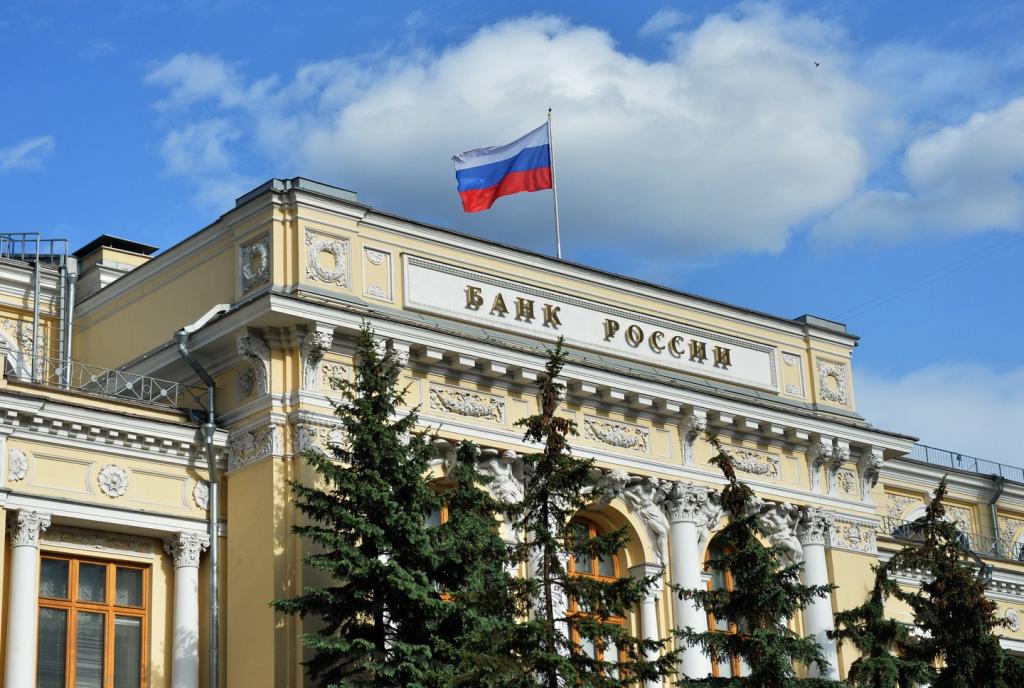The Central Bank of Russia (CBR) intends to gather data from commercial banks on various money transfers between private persons, including cryptocurrency traders. The regulation is expected to impact online crypto exchangers, whom the authority accuses of operating illegally.
The Central Bank of Russia will request more data from financial institutions processing individual transfers as part of its attempts to crack down on some transactions it considers illicit.
According to Russian media, the action affects a variety of companies that use accounts established in the names of dummy people, including online bookies and websites that provide crypto trading services.
The regulator had handed banks a new transaction reporting form, according to RBC, a Russian business news portal. The Central Bank of Russia aims to obtain information on money transactions between Russians, including the personal information of the senders and receivers of the payments.
The monetary authority later clarified in a press release that the measure is “aimed at identifying risk areas associated with the use of payment cards and wallets issued to fictitious individuals by cryptocurrency exchangers, online casinos and unscrupulous participants in the financial market for settlements with Russian citizens,” rather than enforcing total control over individual transactions.
The Central Bank of Russia further said that it only wants to acquire anonymized data from financial organizations that provide payment services to people if their platforms are being used for criminal activities.
It also stated that it does not intend to implement new reporting processes for all transactions, explaining that it was referring to specific circumstances in which huge sums of money are sent in many transactions to the same recipient within hours.
According to The Central Bank of Russia, such transactions are definitely not typical transfers between individuals and small enterprises. The CBR also stated that if it notices transactions that fulfill specific criteria, it may seek further information from banks’ records, but that it would not require information that may be used to identify individual clients.
Many associated activities, like as trading and mining, remain outside the purview of the law “On Digital Financial Assets,” which entered into effect in January. Russian officials are now examining measures to thoroughly regulate cryptocurrencies.
The Bank of Russia has allegedly maintained its long-standing position against legalizing the open circulation of bitcoin and other cryptocurrencies in Russia, as well as their usage in payments, in negotiations held in a working group at the State Duma.
The monetary authority is also looking into ways to discourage Russians from investing in crypto assets, including as banning card payments to certain receivers such as cryptocurrency exchanges.


